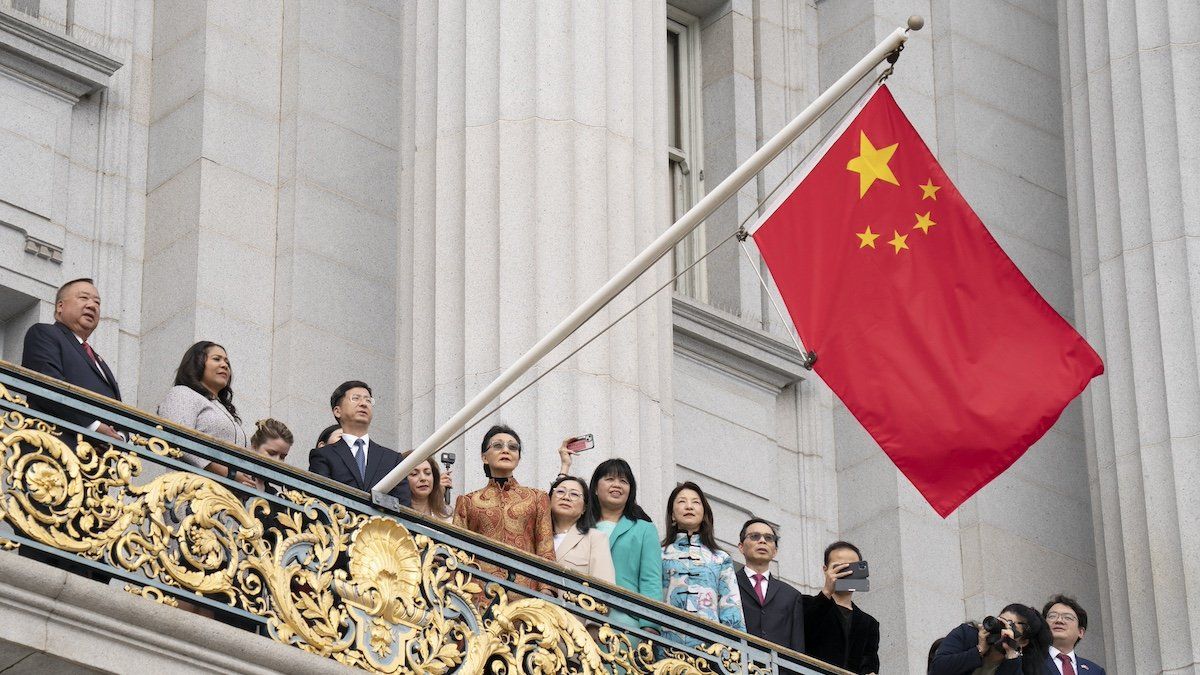Linda Sun, a former aide to New York Govs. Kathy Hochul and Andrew Cuomo, has been charged with acting as an agent of the Chinese government, Justice Department officials announced Tuesday. She allegedly used her position to forward improper invitations to Chinese officials allowing them to travel within the US and meet government counterparts. In exchange, she and her husband allegedly received millions of dollars and other fringe benefits, including some Nanjing salted ducks (delicious).
It’s a packed week on the Chinese covert influence beat: The Washington Post on Tuesday released an in-depth investigation powered by advanced facial recognition software on a network of Chinese diplomats and Beijing-friendly civil society groups that allegedly cooperate to repress and intimidate critics of China in the US. Not just improper letters and tasty ducks: They have reportedly carried out face-to-face confrontations with dissidents that have sometimes resulted in beatings.
Not all influence campaigns in the US are built equal. Also on Tuesday, intelligence firm Graphika released a report on a network of spam and disinformation accounts linked to a Chinese influence operation aiming to inject anti-Western themes into online discourse ahead of November’s US election. The so-called “Spamouflage” campaign consisted of 15 accounts on X, one on TikTok, and a fake news outlet that posted across multiple platforms.
The good news is they were bad at their job. Many of the accounts obviously used AI-generated pictures and messages in awkward English, despite claiming to be native-born US activists. Very few of their posts seem to have gained traction among real social media users.
Eurasia Group’s regional expert Jeremy Chan says running interference isn’t a high priority for Beijing in this election cycle. “It’s important to stress that most parts of the Chinese system likely are keeping their distance from these efforts;” he says. “In fact, Beijing’s stance toward the two candidates in the US remains somewhat of a mystery, and Chinese officials and academics say that Beijing only has bad options in this election.”
